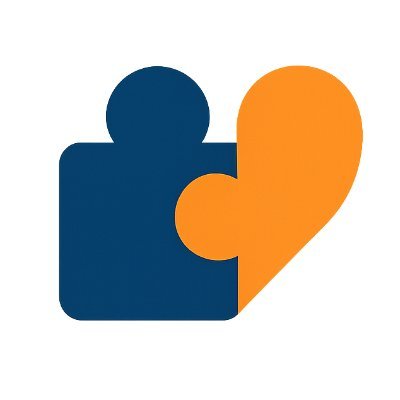
In a small room with stale biscuits and a humming strip light, I told my team I am AuDHD (the co-occurrence of Autism Spectrum Disorder and Attention-Deficit/Hyperactivity Disorder), explaining what it is, what helps, and what does not. The long pause that followed saw everyone suddenly studying their notepad as if it were the most fascinating document they had ever seen.
From that moment on, reactions split sharply. Some people simply did not believe me, claiming I "did not look autistic" or that "everyone gets distracted", with one person even suggesting I keep such things to myself if I wanted to be taken seriously. A few others decided I was angling for special treatment and resented me for it, which you could feel in their sighs, their cooler tone, and the extra scrutiny on every small request I made; my paperwork and official diagnosis did not matter.
I tried to outrun their assumptions with longer hours, tighter decks, and extra polish, yet you simply cannot outwork a story someone prefers to believe.
Others believed me but quietly moved me out of the way, suggesting I "maybe shadow this one" or skipping me on a fast client call, while invitations to away days simply disappeared.
In meetings, a chair’s width opened up on either side of me; no one was unkind, they were just careful, but care at arm’s length is still a form of distance.
Both routes led to the same destination: less trust, fewer chances, and smaller work. One camp thought I was lying for attention or preferential treatment, while the other worried I might crack under pressure. I am neither; I am fine when the basics are in place, like clear goals, decisions in writing, and time to focus without the office radio leaking through thin walls—none of which I believe are outlandish requests, but rather just the proper way to run a team.
The strangest shift was how the same behaviour was relabelled; before I said anything, direct questions meant I was being thorough, but afterwards, they were considered rigid, while a quick walk to reset used to be proactive, but now it looked like a warning sign. Nothing changed except the lens through which I was viewed.
There were, however, some bright spots. A manager asked what a good day and a rough day looked like, and we agreed on small things: an agenda before the meeting, action items afterwards, a corner seat away from a flickering light, and real blocks for deep work. By measuring the work rather than the performance of work, the team moved faster without needing a town hall meeting about it.
My side of the bargain is simple: I will keep requests specific and lead with my strengths, which include pattern spotting, making messy projects legible, and asking questions that save twenty minutes later. Judge me on three things: the quality of my analysis, the value I deliver, and the deadlines I meet; if those things slip, then fair enough, but if they do not, leave the commentary on my style at the door.
If you are someone who is sceptical about the validity disclosures, ask what proof would change your mind, and if the answer is nothing, say that out loud so we can stop pretending.
If you do believe me, but then start removing my work "for my own good," ask me first what I actually need. The request is usually smaller than you think and is often just a seat away from the buzzy fridge and notes that everyone can see.
We need better education on neurodivergence because I believe most bias shows up as subtle thought processes and cautious habits.
Reasonable adjustments help everyone, not just people with neurodivergence: written follow-ups can help colleagues with dyslexia, quiet rooms can help anyone with migraines, flexible hours can help a person caring for a sick relative, and remote options help parents when childcare collapses. By building for variance, performance rises. Keep the scope intact, put the basics in place, judge the result, and then get on with the work.
Support Young Creators Like This One!
VoiceBox is a platform built to help young creators thrive. We believe that sharing thoughtful, high-quality content deserves pay even if your audience isn’t 100,000 strong.
But here's the thing: while you enjoy free content, our young contributors from all over the world are fairly compensated for their work. To keep this up, we need your help.
Will you join our community of supporters?
Your donation, no matter the size, makes a real difference. It allows us to:
- Compensate young creators for their work
- Maintain a safe, ad-free environment
- Continue providing high-quality, free content, including research reports and insights into youth issues
- Highlight youth voices and unique perspectives from cultures around the world
Your generosity fuels our mission! By supporting VoiceBox, you are directly supporting young people and showing that you value what they have to say.





